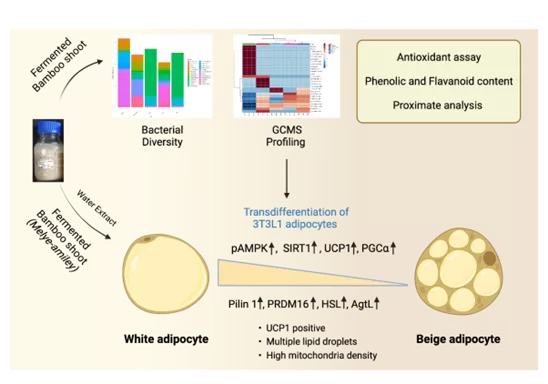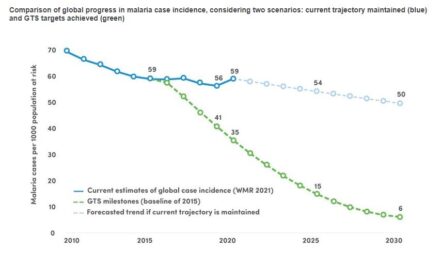Tripura’s traditional fermented bamboo shoot, locally known as Melye-amiley, has been found to possess significant anti-obesity properties, offering a promising natural solution for weight management and improved metabolic health. The findings are the result of a new study conducted by researchers from the Institute of Advanced Study in Science and Technology (IASST), an autonomous institute under the Department of Science and Technology (DST).
A Time-Honored Tradition with Modern Relevance
The practice of fermenting bamboo shoots is deeply rooted in the culinary and cultural traditions of northeastern India. It has been passed down through generations as a means of preserving food, enhancing its nutritional value, and improving taste and flavor. Each region and community employs unique fermentation techniques shaped by their environment and traditional knowledge.
The Study and Its Findings
The study, led by Prof. Mojibur R. Khan, focused on the anti-obesity effects of various traditional fermented bamboo shoot varieties from the northeastern region. In vitro cell culture experiments revealed that Melye-amiley can significantly reduce intracellular lipid accumulation. The researchers noted an increase in the expression of genes linked to lipolysis (HSL, LPL, and Agtl) and fat browning regulation (UCP1, PRDM16, and PGC1-alpha).
Further analysis showed that treatment with Melye-amiley extract stimulates the AMPK signaling pathway, which enhances mitochondrial biogenesis and fatty acid β-oxidation. This leads to increased energy expenditure in white adipocytes, a critical factor in combating obesity.
Implications for Weight Management
These findings highlight Melye-amiley as a potent natural intervention for addressing obesity and related metabolic disorders. Its ability to activate thermogenic proteins and regulate lipid metabolism offers a comprehensive approach to weight management, emphasizing the potential of traditional food products in modern health solutions.
Published Recognition
The study has been published in the prestigious journal Food Frontiers, underscoring its scientific importance and opening avenues for further research into the health benefits of fermented foods from indigenous cultures.
Conclusion
The discovery not only sheds light on the medicinal properties of Melye-amiley but also reinforces the value of preserving traditional food practices. This breakthrough could pave the way for developing natural, food-based therapies to combat the global obesity epidemic while celebrating the rich culinary heritage of Tripura.











